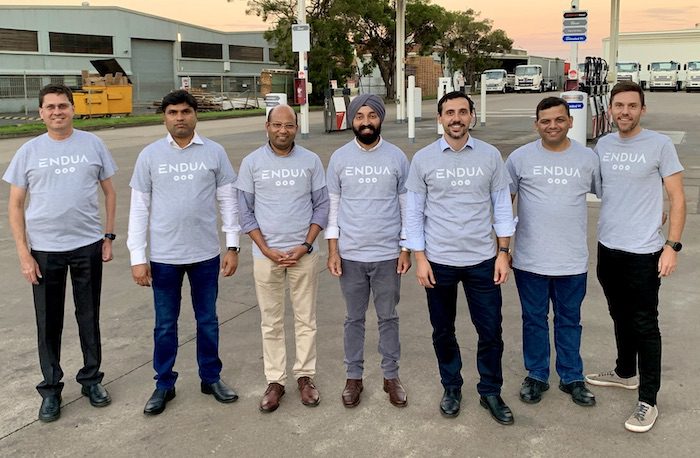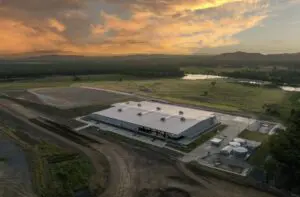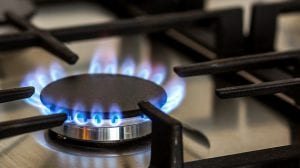CSIRO-backed hydrogen hopeful Endua has raised another $11.8 million from existing and new investors, to spend on further R&D and to finalise the design of its first demonstration machines.
CEO Paul Sernia says the innovation is in using cheaper materials and applying engineering techniques and mass manufacturing systems to create a small-scale polymer electrolyte membrane (PEM) electrolyser.
“We don’t need the highest durability system or the most precise,” he told RenewEconomy.
Endua is commercialising a 100 kW hydrogen energy storage unit. Renewable energy powers an electrolyser to make hydrogen which is then stored as compressed gas that can then be discharged when needed via a fuel cell.
It is designed to replace diesel generators in remote and off-grid locations, such as farms, telecommunications infrastructure, and isolated communities.
Although a commercialisation date is unknown, when it does hit the market Endua will be competing with a range of other modular remote and off-grid energy storage solutions already available, such as Aquion Energy’s saltwater battery and RedFlow’s flow battery.
Sernia says it differs from other off-grid alternatives such as flow batteries because the charge and discharge rates can be tuned for what it’s being used for and the energy storage can be decoupled from the charge and discharge cycle.
“The battery specifications are configurable in ways that other battery technologies aren’t. That allows us to optimise the price of the system based on the application. We’re very flexible on that front so we can offer cost savings on that front,” he said.
To date, the cost of electrolysers to split water into its oxygen and hydrogen parts and the cost of the significant amount of energy to do that has made commercial hydrogen production at best a fringe technology.
For example, a kilogram of hydrogen holds 33.3 kWh of usable energy, but current PEM technology meant it costs about 52.5 kWh to make that kilogram of hydrogen.
But companies working on new tech and new manufacturing systems hope to bring that cost down.
In March 2022, University of Wollongong spinout Hysata said it had reduced that cost to 41.5 kWh by developing a new capillary-like action to improve electrolyser efficiency.
Deep tech backers
Endua launched in 2021 with $5 million in cash from CSIRO venture capital firm Main Sequence and energy company Ampol.
In the latest funding round it added Queensland Investment Corporation (QIC), Melt Ventures and 77 Partners to its list of backers.
The company is led by PhDs: Tritium founder Sernia and CSIRO Thermal and Electrochemical Technologies group leader Sarbjit Giddey.
Although Sernia doesn’t reveal much about Endua’s technology, Giddey’s work over the last 15 years on further developing PEM-based technologies for fuel cells and electrolysers was what was spun out into Endua.
Giddey holds three patents for different aspects of a PEM electrolysis system, one for “an improved method and a simple system for the production of oxygen” which uses minimal water.
Still has government backing
Hydrogen continues to be a popular prospect politically for advocates of alternative energy storage systems.
In the recent federal budget, the government allocated $2 billion towards sponsoring renewable hydrogen production via the new Hydrogen Headstart program.
It will subsidise investment via production contracts, which could bring down the price of hydrogen delivered, if they work as similar policies in the US and Canada are doing.
However, the wording of the budget may mean those production contracts may be limited to two to three major industrial projects, rather than small scale players.









